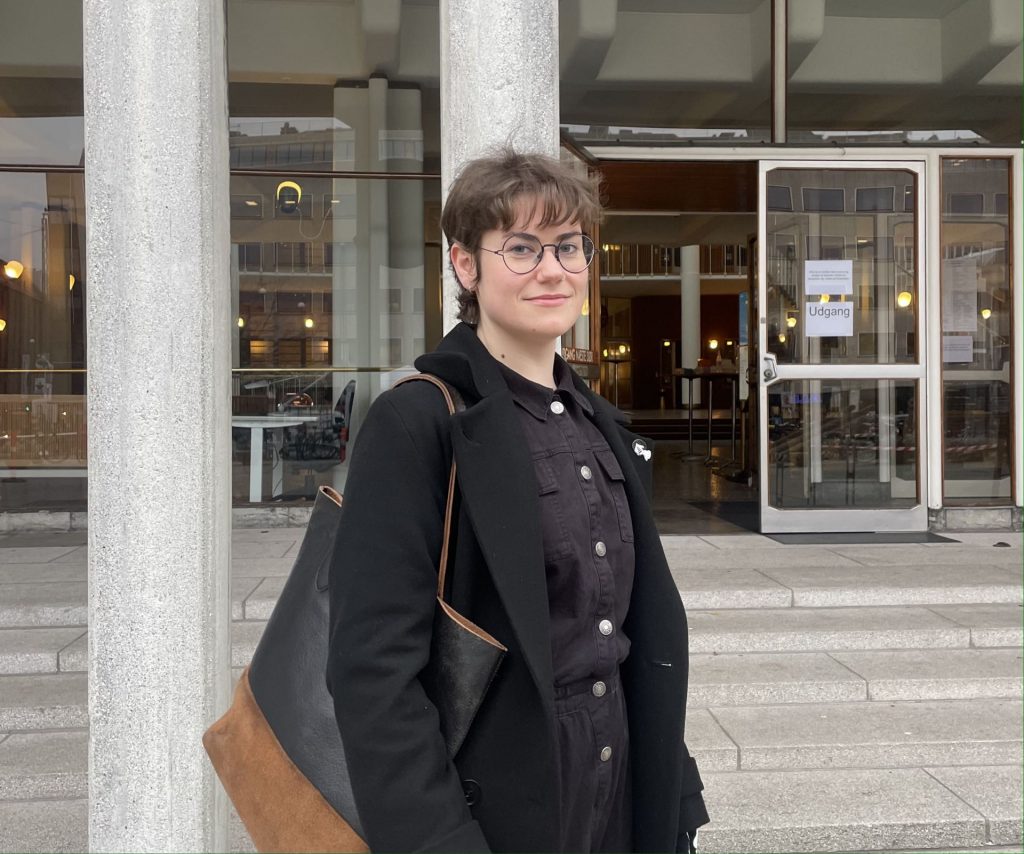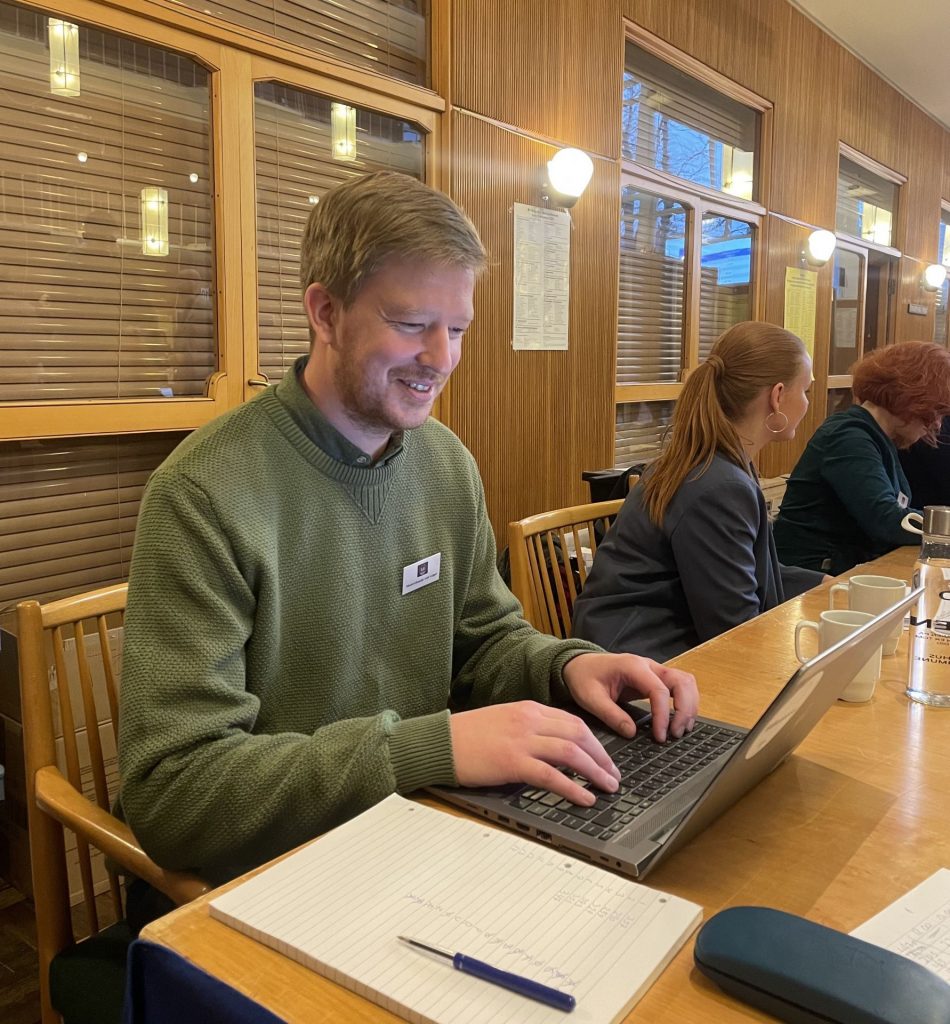Danish local elections were held yesterday. Many citizens took online tests to figure out who to vote for. However, they have doubts on their reliability, as explains Aarhus’ mayor, Jacob Bundsgaard.
By: Fredrik Holtekjølen & Maia Galmés Feuer
16 November marks the day that Danish citizens walk over to different city venues to cast their vote. The Aarhus town hall doors have been witnessing fellow visitors that have been roaming in and out of the building throughout the whole day. Hundreds of meters of election sheets got swallowed by the ballot boxes, and around midnight the results were revealed.
For many Danes, the local elections can be a struggle, especially if they are first-time voters. This is why many citizens use online tests that seem to provide them with the answer to the most critical question: “Who should I vote for?”.
Aarhus-mayor’s test matches 87% with himself

The mayor of Aarhus, Jacob Bundsgaard, who has been in office since 2011 and represents the Social Democrats, has a different take on these tests. He believes voters should gather information from other reliable sources.
“An online test is a guidance, but not really that precise ”, says Bundsgaard. “Online tests are supposed to help voters make up their minds and make it easier to know which candidate you agree with the most”, he adds. One such test is created by state-owned DR. Here you match by percentage how much you agree with the party’s candidates.
“I took the test myself and I’m only 87% in agreement with myself”, Bundsgaard points out.
Used the test to make up her mind
For Irina Kakhoun, an Aarhus citizen that attended the City Hall polling station to cast her vote, the online test provided her sufficient information to feel confident with it.
Nevertheless, she claims that these tests “are not a great way to convey this information”, as they only show the answers that a candidate has to some specific questions but does not show what the questions code for or what policy they stand for.

Kakhoun adds that she took the test because that was “what was available”, as she does not understand the system very well and does not know where to find that information.
“The online test seems like the easiest way to participate in democracy”.
Not trustworthy, according to expert
Christian Petersen, a political science graduate who works at the Town Hall, admits taking the online tests, but he does not base his vote on its results.
“I think the tests are too simple and I don’t trust them because it reduces complicated issues, like raising tax to agree or disagree, and that is a much more complicated matter than what a test can provide ”.
He suggests voters seek information on political matters through candidates’ social media accounts, but for those who are not interested in politics, it is better to take a test and base their vote on it, than not to vote at all.

Denmark usually has a high voter turnout, and the current mayor expects these elections to be no exception – with or without online tests. He says citizens should first and foremost seek information on their own.
“The questions in online tests are formulated by people that have their own opinions, so it is important to make up your own mind”.
TARGET AUDIENCE: People within the EU with special interest in Danish political matters and using technology as a political tool.